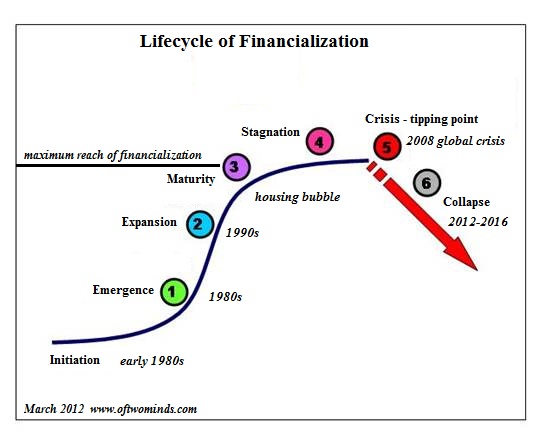What are people looking for today in a church? This is a question about which everyone has an opinion based upon what they are looking for in a church. I find even talking about it frustrating. Why? All to often the advice given to pastors and to churches is either too general or too personal to the presenter. I get tired of strange stories that do not ring true to my experience in growing churches.
So what can we do to answer the question?
I think many different church formats and structures can work to attract people to Christ and the gospel. I believe that every worship style can be attractive. I know I have been blessed by all kind of worship practices and I have witnessed folks of every age blessed by different worship practices. Thus, I would say that the answer is not in tips and techniques.
Instead the answer is found in the attitude of the church and individuals within the church to the presence and work of God. Where passionate spirituality is balanced with thoughtful presentation of the truth a local body of Christ will grow deeper and outward. People will be attracted to Jesus, there will be conversions, and the gospel will permeate the entire atmosphere of the church.
Why do we not see this more? If in our fallenness we crave such a place, why are more churches not marked by such balance?
One error is emphasizing the truth while ignoring the heart. Why does this happen? To explain I will begin with a thoughtful passage written by John Piper in a new book he co-wrote with D.A. Carson called, The Pastor as Scholar and the Scholar as Pastor. Piper writes,
Now, how does this relate to the pastor as scholar? On the one hand, its first effect is to protect the church from the dangers of a scholarly bent. Many pastors, especially those who love the glorious vision of God's being and beauty and plan of salvation, have a scholarly bent that threatens to over-intellectualize the Christian faith, which means they turn it mainly into a system to be thought about rather than a way of life to be felt and lived. Of course, it is a system as well as a life. But the danger is that the whole thing can be made to feel academic rather than heart-wrenchingly real. That's what Christian hedonism helps us to avoid.
Where the faith is over-intellectualized, many ordinary, authentic saints can smell the error. Rightly, they start drifting away, but sadly, often into the worst extremes of emotionalism. But if Christian hedonism is alive- I have found that many starving saints make their way home to a place where head and heart are more in balance, and the reality and power of the Holy Spirit are craved and cherished.
Piper, The Pastor as Scholar, 49.
Over six months ago I received an e-mail from someone who knew me tangentially as a scholar working in a seminary. This man would listen to the end of some of my classes. He never took a class, but he said he always found what I had to say interesting and thought-provoking. He often would conclude, "I should check this out." Unfortunately, he shared that he often did not go further in his enquiries!
What I found interesting about the e-mail was he shared that he thought I was some sort of Calvinist. He shared that he hated Calvin, Calvinism, and anything to do with this system of thought. He had been raised in a Reformed Baptist church and now he had no use for anything to do with Calvinism. He thought we would have some interesting debates.
Interesting debates, indeed. I am sure the discussion would have been rich and rather sharp at points. Yet, I wonder how could this rather anti-intellectual Christian man come to hate Calvin, Calvinism, and the entire system of thought? In place of a biblical system of thought that is primarily God-focused and grace-centered, he had embraced a strange emotionalism that passed as authentic spirituality.
My guess is that he rejected a balanced, biblical, and heart-transforming vision of Christian spirituality for emotionalism and Christian-lite platitudes because someone shared the glorious vision of God's being, beauty, and plan of salvation as nothing more than a system of thought. I know for years I was totally turned off to authentic spirituality because I encountered such an arrogant, heart-less presentation of biblical truth!
True spirituality, what some people would label Reformed/Calvinism as a form of thought, is joy producing and heart changing. It is also logical and according to reality. The key is that it should be both! Why would we ever wish to divorce joy from logic or heart-change/true transformation from truth grounded in creation? To be a believer, one does not need to check either their emotions or their brains at the door! Bring both because as Piper has written about for years, God is most glorified in us when we are most satisfied in him.
All of us have met people who have drifted to an extreme of being either too intellectual or too emotional. These folks do not represent the truth in its entirety! Keep looking for and striving for a faith that is both intellectually deep and emotionally transformative. This is the heart of true spirituality. It is the heart of the gospel. It is also the absolute heart of true and authentic Reformed/Calvinistic spirituality.

